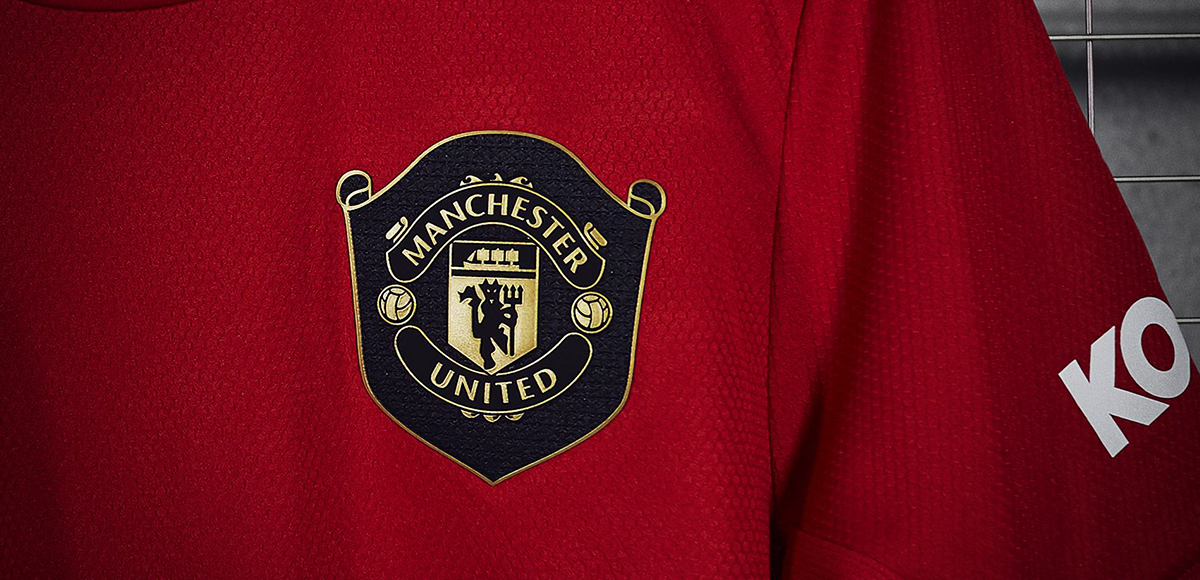Why would Formula One, a motorsport, have any links with Manchester United, one of the biggest clubs in world football? It’s a good question because, on the surface, it seems as if both are unrelated. However, this isn’t the case as football and F1 share more similarities than you imagine.
Up until now, Premier League clubs have been behind the eight-ball but, as the sport evolves, they are beginning to catch up. For teams like Man United, there’s a lot to learn that could help them topple their main rivals.
Strategic Recruitment
Some people call it poaching, but the fact is that encouraging a competitor’s staff to join your organisation is a savvy move. After all, they bring all the know-how from their previous employer with them, making it easier to use the information against a rival. Currently, Red Bull Racing is the epitome of this strategy.
According to ESPN, Red Bull’s management has approached around 100 Mercedes employees, bagging around 15 in the last year alone. It may be a coincidence, but logic dictates this is partly why RB are leading the Drivers’ and Constructors’ Championships in 2021. The bookies agree since the F1 betting markets rank Max Verstappen as the 4/9 favourite for the championship, above seven-time champ Lewis Hamilton.
It has happened in football, too, most notably across Manchester at Man City. Their owners, in an attempt to lure Pep Guardiola to the Etihad, copied multiple traits of Barcelona’s philosophy, even recruiting the likes of Andoni Zubizarreta and Txiki Begiristain. United may want to follow suit to break up the monopoly their city rivals currently have on the EPL.
Number Crunching
The data involved from a football perspective is minimal compared to Formula One. There can be as many as 17.5 billion data points per Grand Prix weekend, which is mind-boggling. So, it makes sense that football clubs like United will look to F1 teams to help them collect and collate data effectively.
Firstly, the data points are much smaller, so the job is much more straightforward. Secondly, understanding how to spot patterns is essential for influencing the decision-making process on several issues. The Red Devils’ transfer strategy is an obvious area for concern, but it could improve drastically thanks to a relationship with an F1 team.
The same applies to figuring out the root cause of major problems such as why Man Utd concede so many high-quality opportunities per game. This is because Formula One teams receive contextual messages informing them why their tyres degrade or power units fail.
In-House Philosophy
In F1, factory teams tend to be more successful because they don’t have to rely on anyone else for performance. This is highlighted by Mercedes and Ferrari, the two biggest teams in the sport and significant suppliers of engines and parts.
Red Bull have formed a powertrain company after reaching an agreement with Honda to use its F1 power unit technology from 2022#F1 pic.twitter.com/6Nq68YvvTD
— Formula 1 (@F1) February 15, 2021
Red Bull didn’t fall into this category until recently. When Honda backed out, RB bought the engine plans and invested heavily in their factory, bringing the power unit and aerodynamics firmly under a single roof. Right now, they appear to have a car capable of ending Mercedes’ reign.
Manchester United can do the same. They already are with the £50 million investment into the Aon Training Complex that houses every aspect of the club. It’s also happening with the recruitment and philosophy of the manager. After all, everyone knows that Ole Gunnar Solskjaer was an ex-player under the most successful manager of all time.
If anyone understands how to emulate the United way, it’s a player who has studied under the man himself – Sir Alex Ferguson.


